The New Conservatives
The following is taken from an interview with Melvin Lehman conducted by Reagan Schrock.
Ten years ago, after some of my interactions with the young folks who were coming to Faith Builders, I wrote an article entitled The New Conservative. I began to realize that they had a different perspective than I. But why was their perspective different? What had changed? I grew up in public high school in the 1960’s and had taken in the rebellious mindset of the times. During that era, there was a fragmentation of the solidarity of the old Mennonite conference. Many divisions happened, but the biggest were between liberal and conservative.
What do we mean by “conservative” and “liberal”? Back at that time, the two were clearly defined. But as I taught students between 1980-2000, I could tell that they were not thinking in the same terms I did. These are the people I’m calling the “new conservative”. They were not coming out of that 60’s and 70’s perspective, but neither were they liberal. In fact, they were quite open to conservative people and thought. What I heard them asking for was a compelling reason to follow the conservative path. As I heard these students discussing issues that were relevant to their lives, I found six points that define the “new conservative”.
- 1. They appreciate traditional practice. When something is presented as traditional they do not react in opposition, but neither do they blindly accept simply for the sake of tradition. While a “liberal” would automatically react to anything that is traditional, the new conservative does not do that, which is why I refuse to call them liberal.
- 2. The new conservative rejects authoritarianism without relationship. I grew up in a world where authority might be quite distant, but if they spoke, you obeyed.
- 3. The new conservative seeks to respect and honor other Bible-believing groups. They seek to discourage divisiveness.
- 4. They value Christian education. As a teacher at Faith Builders, I care about education and I respect their position. Generally speaking, the deeper one goes into conservative thought, the more anti-education one tends to be. The new conservative, however, sees education as an outline to the kingdom, his church, and his life.
- 5. The new conservative emphasizes that separation from the world in thought and practice begins in the heart and affects every area of life, not just in arbitrarily selected areas. Being willing to not only accept, but embrace a position that separates me from a pagan world is important, although I prefer the term “countercultural” better than I do “separation”.
- 6. The new conservative longs for meaningful Christian community as a basis for personal growth and effective outreach. There are some who are wanting a level of community that seems slightly beyond their grasp in today’s Anabaptist circles. I hear the new conservative wanting community in a more complete and real sense.
These six things generally define the new conservative. So where are they headed? I think the new conservatives are tilted toward tolerance and away from raw authority in institutional organization. I think the new conservatives will struggle with administrative structures. However, the new conservatives will have to learn that structures are needed to move things forward. They will need to create these structures, and know the difference between godly tolerance that leads toward holiness, and tolerance that could open the door to crass worldliness.
There are some positives and negatives to new conservative ideology. A positive is its emphasis on missions, particularly children’s ministry. The millennial generation has become very concerned with the children of the world. There is an increased interest in childcare, pregnancy centers, Bible Clubs, and similar ministries. When I was growing up substantial focus was placed on prison ministry, which is still needed. However, children’s ministry is working from a better place as it seeks to lay a foundation early in life. I already mentioned the community emphasis, but I’m not sure if the new conservatives have identified what they mean by community. Does it mean living together in close proximity? Is it just a feeling of camaraderie? Is it having a common goal? Again it seems that the new conservative’s work is to bring community emphasis into administrative structures that actually bring those ideals into reality. A negative aspect of this movement is that, if one tries to show tolerance and be all things to all men, one ends up being almost nothing to everyone. I’m not saying that everyone needs to identify with the conservative Anabaptist constituency, but identity may be a little ambiguous for the new conservatives. The new conservatives need to build a sustainable culture by passing their core values to the next generation.
Thinking of the six items I mentioned earlier, I wonder if the next generation will carry them forward. People forget that values are carried forward generationally by traditions. Not artificial traditions, but traditions that are actually integrated into the values they represent. I’m not sure that the new conservatives are building that kind of sustainability. Is new conservatism just a transition from Amish or Mennonite into mainstream Christianity? I’m optimistic that it is not. New Conservatism is not necessarily following or rejecting any particular ideology.
The summary statement from my article reads, “I personally have a deep respect for the contributions of the ‘Old Conservative’ positions during the 20th century and have no desire to devalue that contribution by suggesting there is a ‘new’ way that we must follow. The path that leads to God is an old path that many saints have trod before us. We are brethren with them.”1
I don’t see new conservatism as being a path to liberalism. On the contrary,I see it as being more aligned with conservative ideals and having a better chance of carrying forward those ideals versus the extreme conservatives or the liberals. Of course it has some serious flaws, but I think that the new conservative path has the best chance of carrying forward the best from the old conservative and actually providing a new perspective, but not one so different that it’s totally unrecognizable. There is the possibility of the new conservative shifting into liberalism. However, if it can stay on course, honestly grappling with the issues, sorting through some of the debris, and pulling in some of the framework we’ve talked about, I’m hopeful that it could be the path forward for next hundred years.
New conservatism isn’t unique to our time. In James Juhnke’s book Vision, Doctrine, War,2 he records some conversations and movements from the 1870’s-1930’s that are similar to new conservative ideals. People back then were asking the same questions that we are asking today. This current generation has a unique chance to carry forward these ideas. We have the opportunity, and we have some perspective and vision for it. Let’s be hopeful that we can actually plow ground, particularly in our generation, that hasn’t been plowed.
1Lehman, Melvin. “The New Conservatives.” Faith Builders’ Newsletter, no. 85, Sept. 2017, www.fbep.org/resources/new-conservatives Return to context⬏
2Juhnke, James C. Vision, Doctrine, War: Mennonite Identity and Organization in America, 1890-1930. Vol. 3, Herald Press, 1989 Return to context⬏
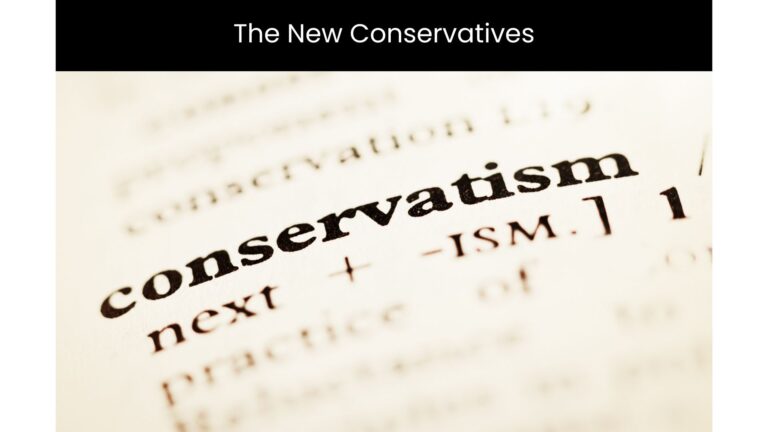
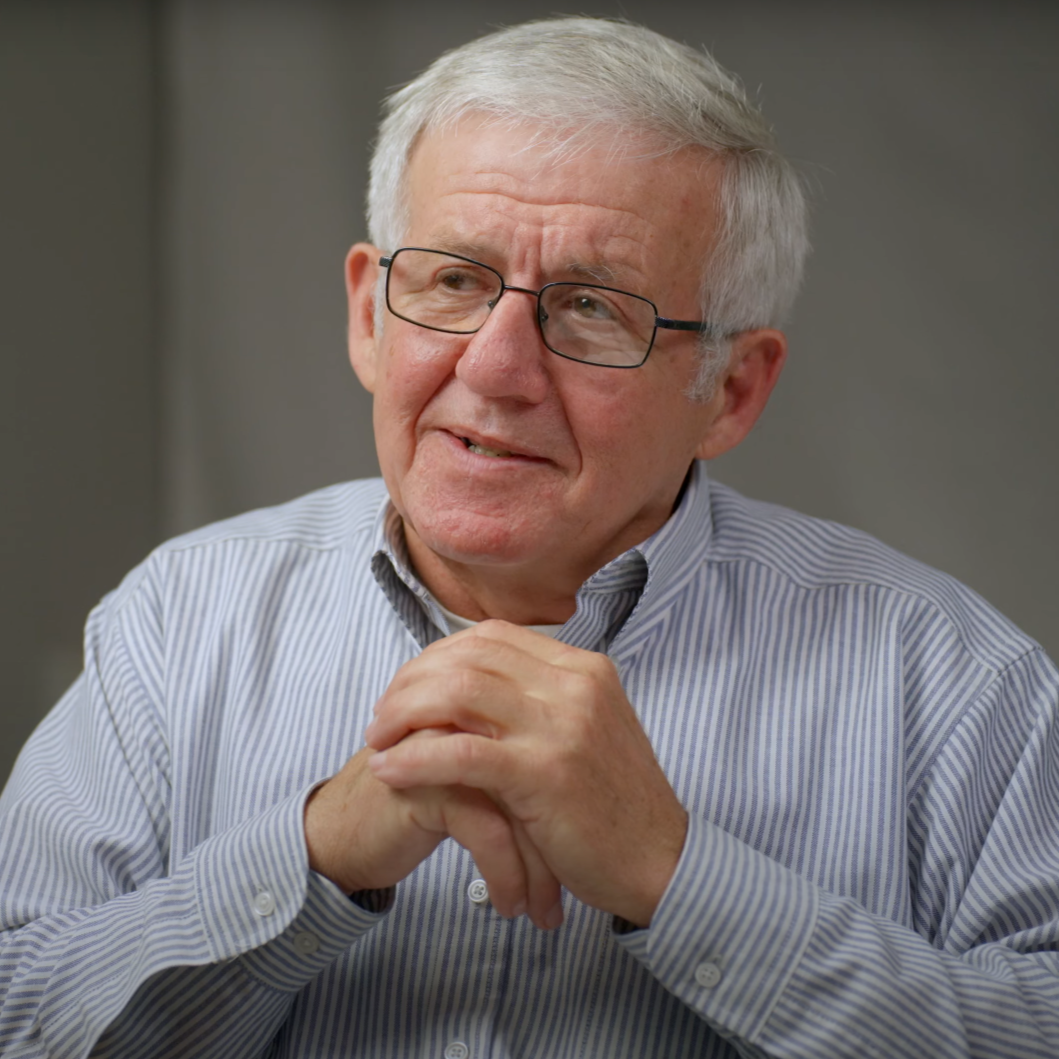
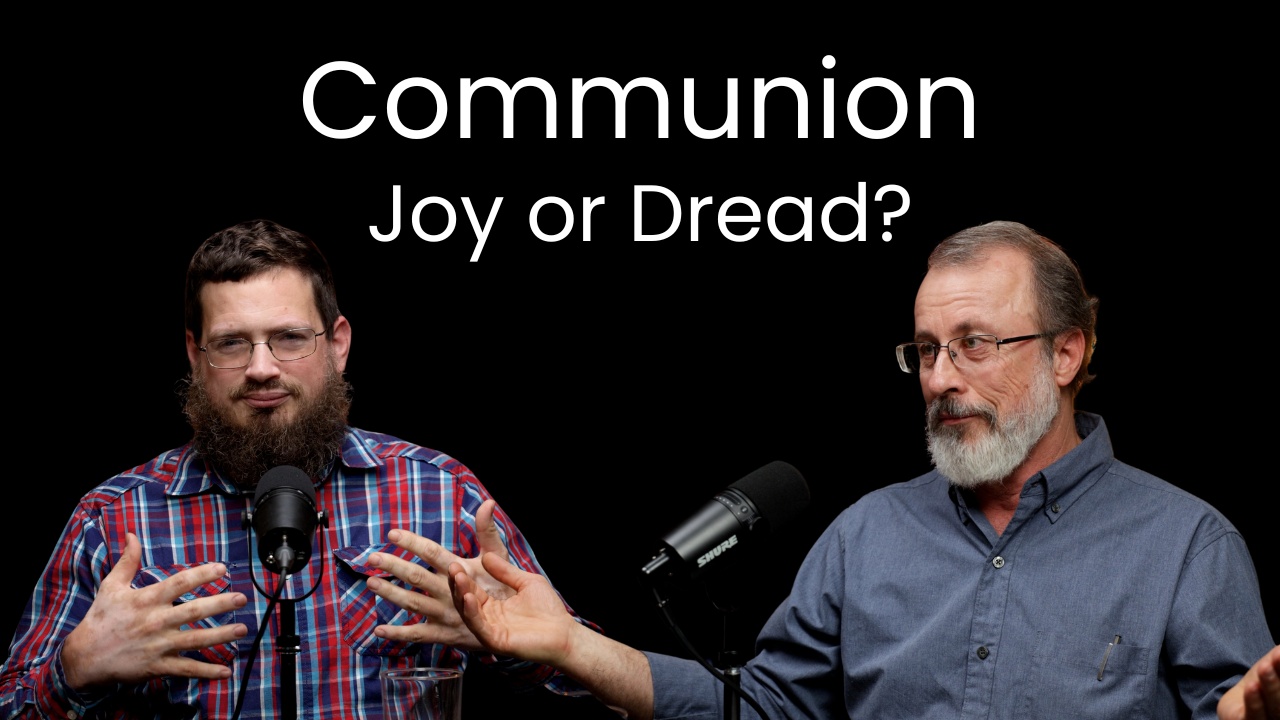
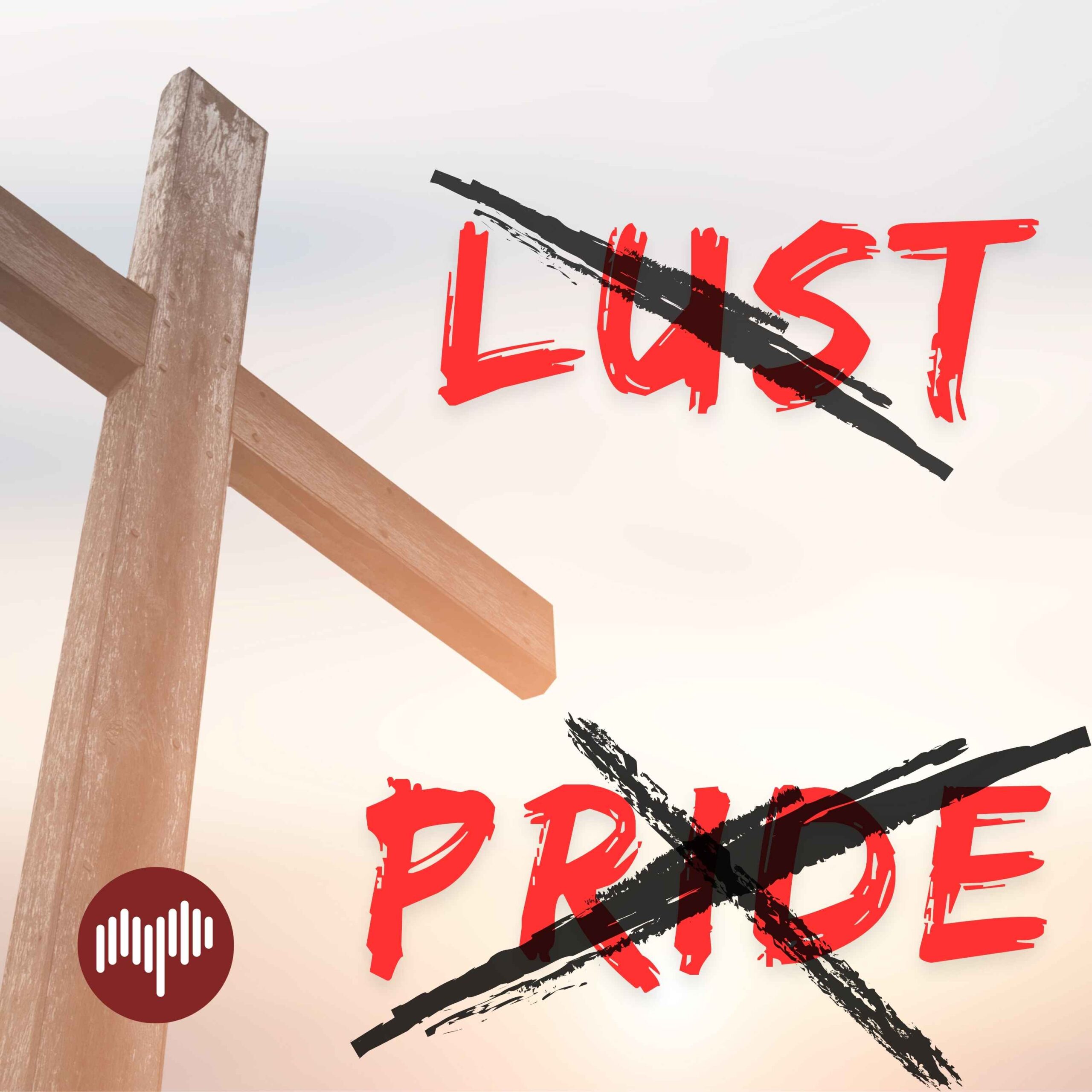

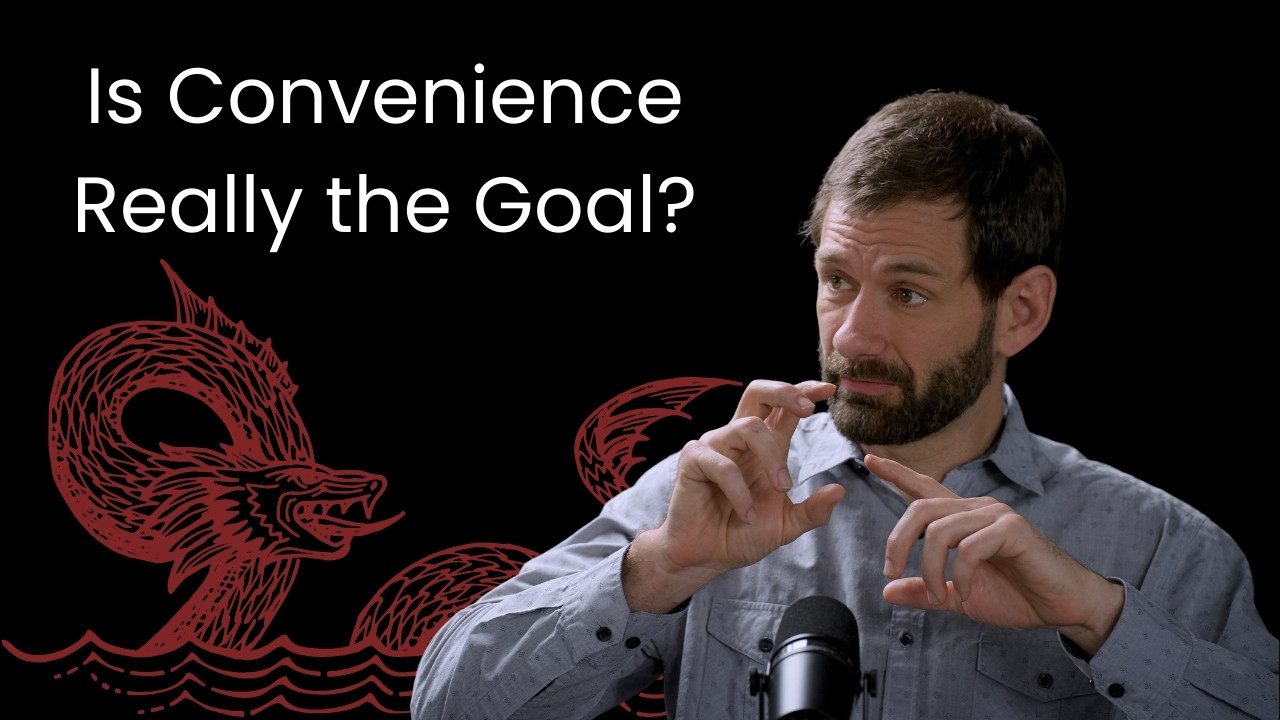
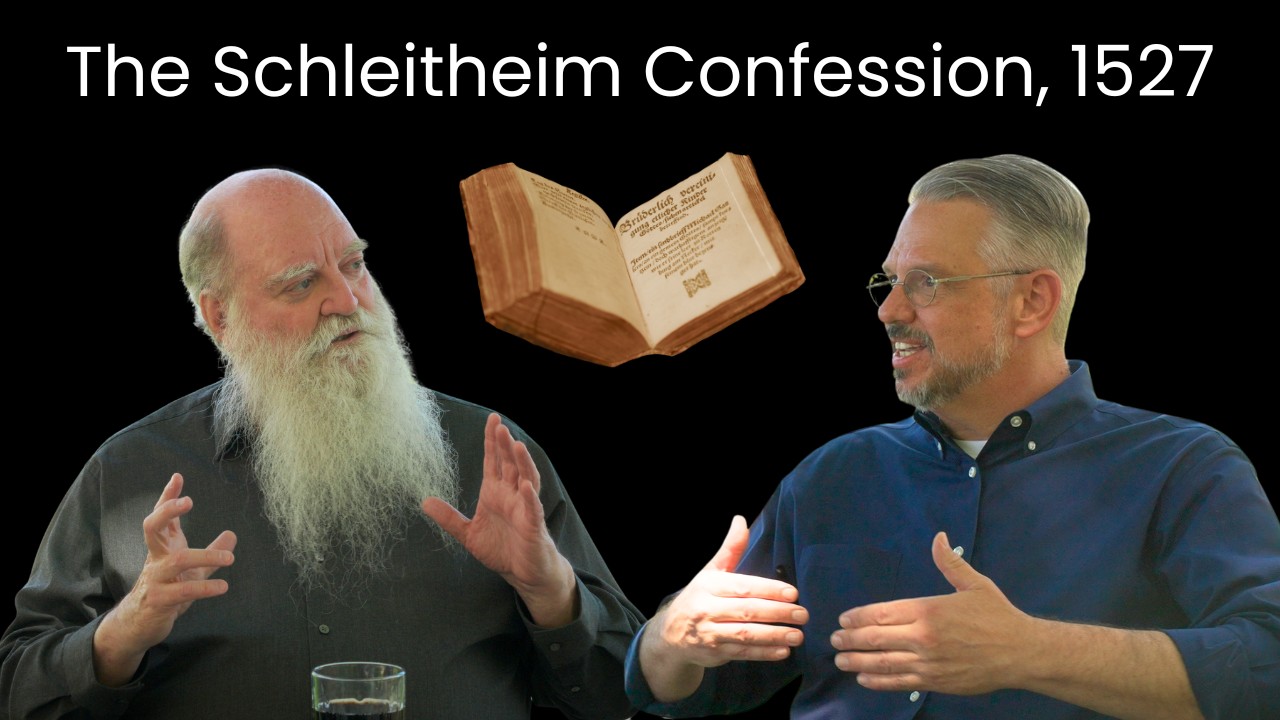
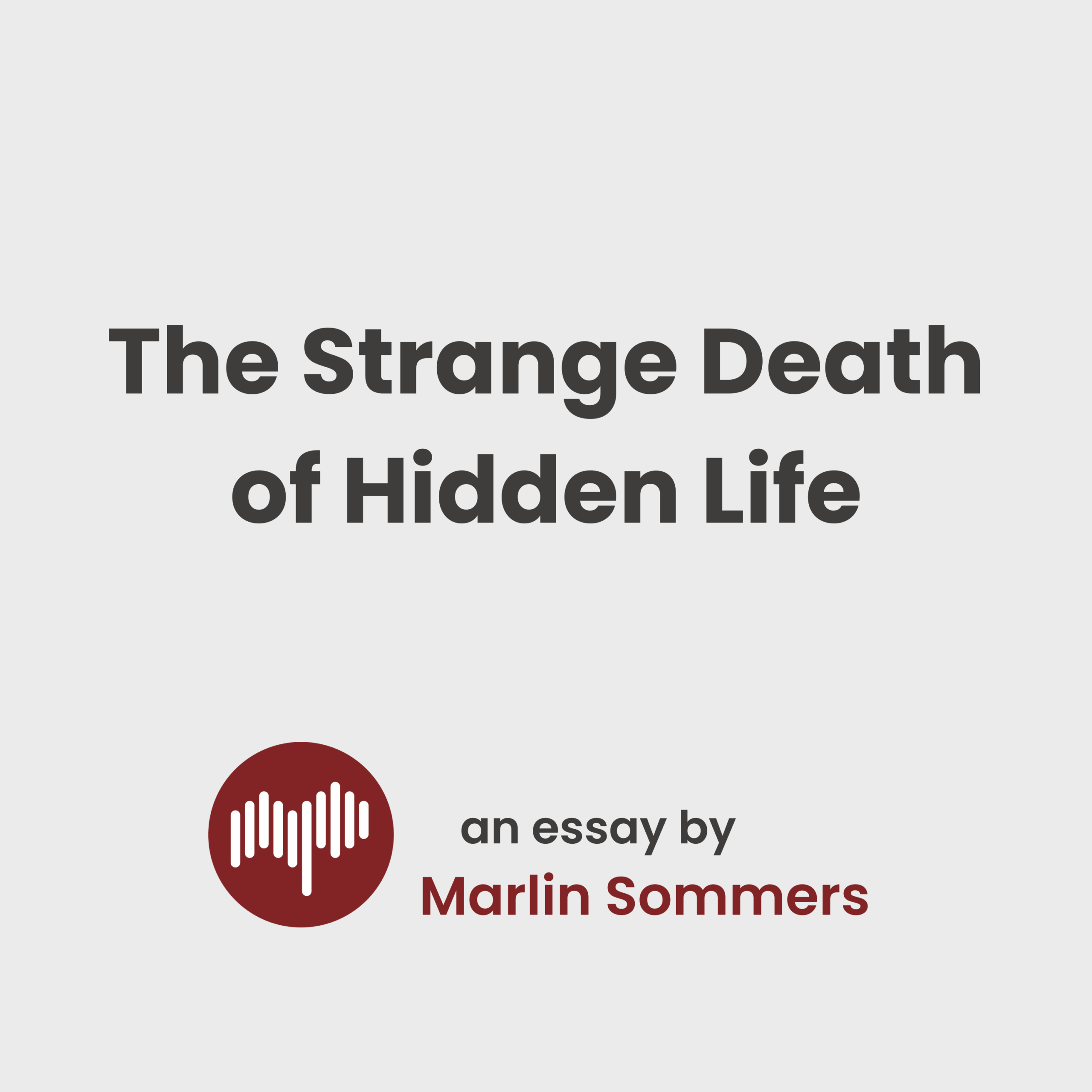
Michelle
6 years ago
So interesting- I’m of a different Anabaptist church- Apostolic Christian Nazarean, and I see this exact same thing happening in our churches as well, and would venture to say I could be one of these “new conservatives.” So fascinating. I wonder if it is the increased use of social media/internet/travel that has opened this mindset? There’s more interaction with others and more viewpoints are expressed, and at the same time there is more of a realization of what people have in common. I have realized for myself at least, that growing up with strict conservative values caused me to see those who didn’t practice the same way to seem less human than I. It feels easier to just dismiss everyone as “The World”, or even members of our denomination labeled as liberal the moment you realize they don’t do exactly as you do or believe, even if those beliefs were traditions and not necessarily doctrine. And I was not allowing God time to work on that person’s heart to change their views, nor was I wanting to have a relationship to open the door to conversations to change those views. It was easier to just pull away from such people because it was better than possibly becoming influenced by them. I still struggle with this at times. Thus the division between conservative and liberals would widen even more. By de-humanizing them to a label and dismissing them as on the wrong path, it’s much easier not to stop and question why you do what you do or believe as you believe. It’s also extremely uncomfortable to question myself on why I do/believe something and have to be able to back it by scripture or accept that it’s actually a tradition (and it might be a very good one so there’s justifiable reason on continuing to practice it) than to just blindly continue my faith without valid reason and understanding. If I don’t understand it, how can I explain it to others? Also, I have been struggling with the concept of tolerance as well. I don’t feel comfortable embracing some “liberties” even if they specifically aren’t against scripture, so I am more tolerant of them in the church, but when I think of the possibility of my own children embracing those liberties later as teens or adults… I’m not sure how tolerant I will be then because that thought makes me really uncomfortable. These have been some of my thoughts on this subject over the years. There’s much more but this is the basis of it. Thank you for putting together a good description of what I have been seeing happening and experiencing myself as I try to sort through it. It’s uncharted territory for me because it’s quite different than my parents and grandparents view things so it can be quite disconcerting to wonder if I’m becoming liberal in my mindset? You have helped put that to rest a little bit, thank you. Now I need to consider the negatives you discussed.